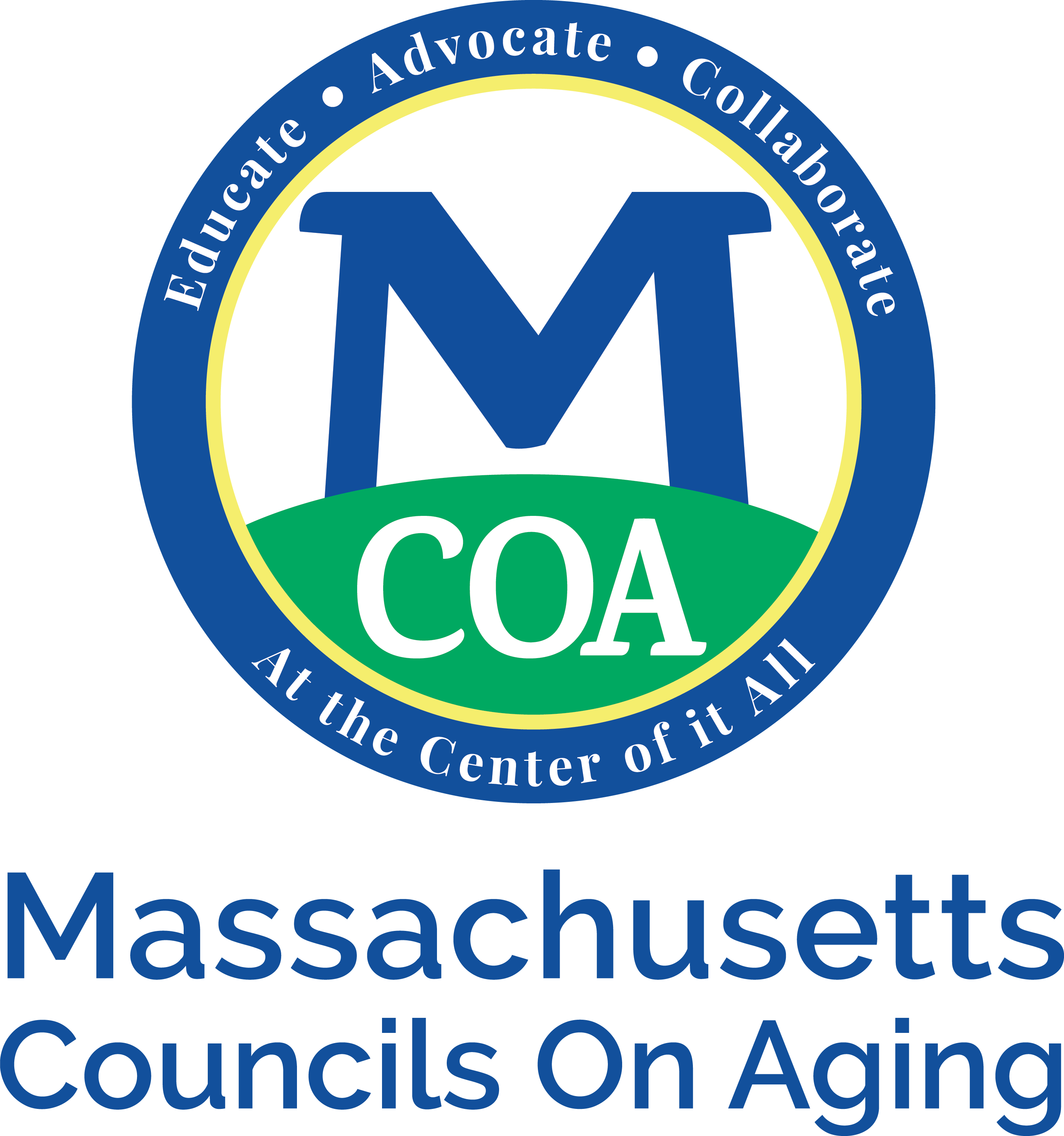Continuing Resolution With the partial government shutdown looming again, please note SNAP funding will not be impacted and benefits through December will be distributed. Also, the current continuing resolution provides FY23 funding levels of the Older Americans Act. LIHEAP and the Commodity Supplemental Food Program (CSFP) are authorized to spend additional resources. The CSFP is also known as a ‘food box for elders’. Contact your local food bank to find your nearest CSFP distribution site.
Food Insecurity Consider having to answer yes to any of the following: worried your food would run out, the food you bought didn’t last, could not afford a balanced meal, cut the size of or skipped a meal, ate less than felt you should, were hungry but did not eat, lost weight, didn’t eat for a whole day one time or for more than three months. These questions help determine food insecurity. The updated report: Household Food Security in the United States in 2022 was released with key stats:
- 12.8 percent (17.0 million households) were food insecure (had difficulty at some time during the year providing enough food for all their members because of a lack of resources)
- 5.1 percent (6.8 million households) had very low food security (food intake of some household members was reduced, and normal eating patterns were disrupted at times during the year because of limited resources)
- About 22.9 percent of all food-insecure households included adults aged 65 and older. Of those experiencing very low food insecurity, 3.4 percent of households included adults 65+
While the averages in Massachusetts are lower than the national average, our numbers are too high. As expected, food insecurity was more common in rural areas than urban areas, and Black and Latino households were disproportionately affected.
Indigenous Elders
- A webinar on the healing potential of food as medicine and its impact on the health of Indigenous elder – November 9, 1-2pm. Speakers will discuss promoting healthier food choices and lifestyles among older adults in Indigenous communities, supporting holistic health for our elders. Check here for more info/to register
- Defeat Malnutrition Today and the National Hispanic Council on Aging have come together to propose important recommendations for the upcoming 2025 Dietary Guidelines for Americans (DGA). The Dietary Guidelines for Americans plays a pivotal role in shaping nutrition programs for older adults. DMT and NHCOA’s recommendations include differentiating 60+ and 75 or 85 and above as two age groups, incorporating chronic disease, addressing food access and affordability, accommodating diverse ethnic and cultural dietary preferences, and educating older adults on the guidelines. By considering these insights, the DGA can better serve the unique nutritional needs of older adults, promoting their overall well-being and quality of life through healthier food.
Nutrition Hub USDA recently introduced a pilot Nutrition Hub under the Agricultural Science Center of Excellence for Nutrition and Diet for Better Health (ASCEND for Better Health) initiative. The Nutrition Hub is in partnership with Southern University, a historically black 1890 Land-grant University in Louisiana. The Nutrition Hub aims to offer science-based, nutrition-related information at the community level, focusing on underserved communities affected by diet-related chronic diseases like obesity, type 2 diabetes, and certain cancers. This initiative aligns with the commitments made during the White House Conference on Hunger, Nutrition, and Health, emphasizing the importance of nutrition and food security in overall health, including disease prevention and management.
Let’s Get Physical
- The Walk Massachusetts Challenge ended October 31. If you had any difficulty entering your data, email it directly to tara@mcoaonline.com by November 10 at 5p.
- MA DPH has an online survey for people with disabilities across Massachusetts to understand their needs. They are looking for more responses from older adults. The survey is available in 12 languages.
Public Health Survey Please help the Massachusetts Department of Public Health and the Office of Local & Regional Health (OLRH) evaluate and improve our performance by participating in a new survey, developed for local public health professionals and partners. This survey assesses the understanding of and satisfaction with the services provided by OLRH.


